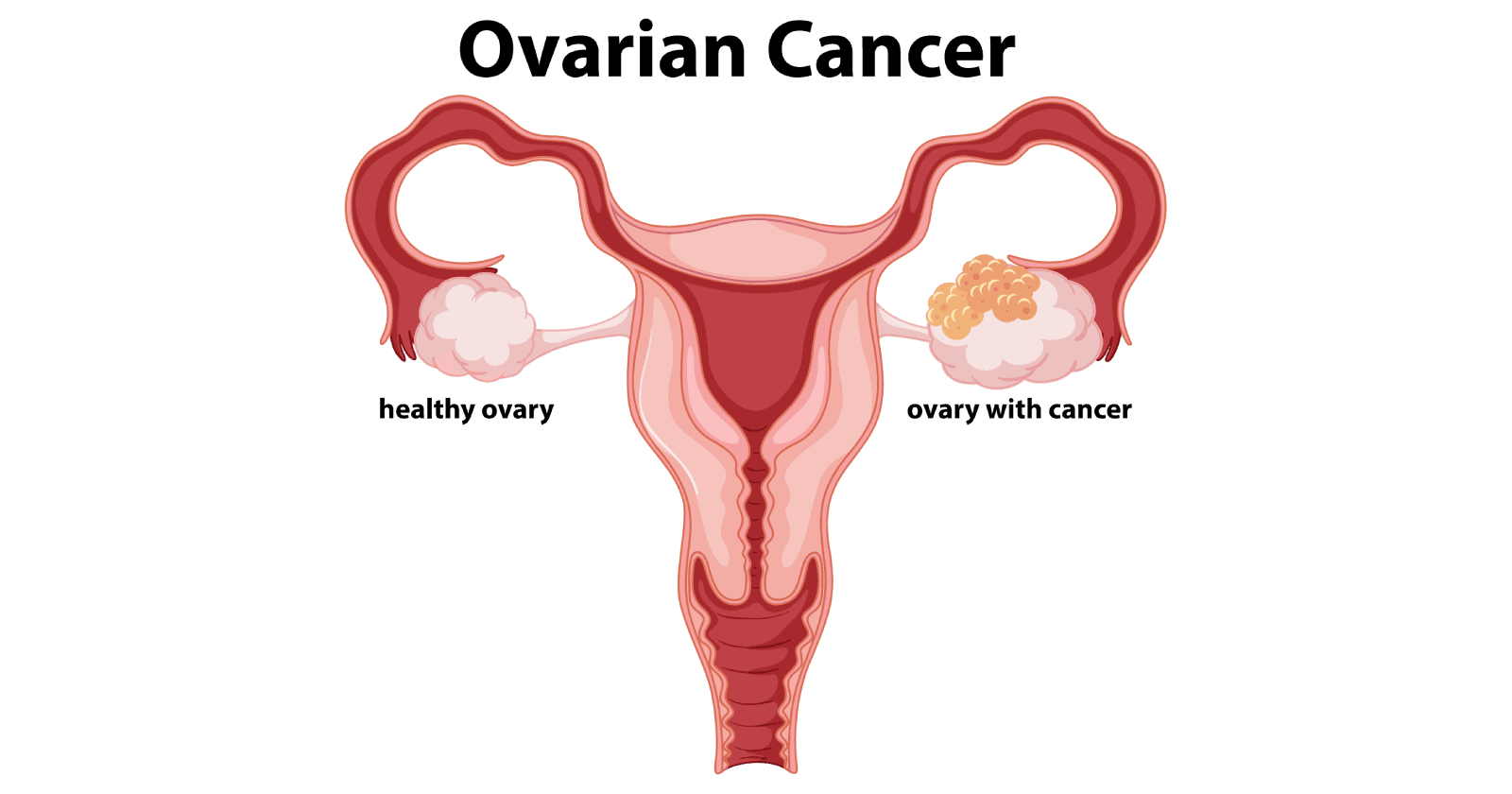Ovarian cancer begins in the ovaries, which are part of the female reproductive system. It is often not detected until it has spread within the pelvis and abdomen, making it more challenging to treat.
Ovarian cancer is a serious condition affecting women's reproductive health. Early detection and expert treatment are crucial. Dr. Arvind Kumar is one of the best ovarian cancer surgeon in Delhi, brings 22 years of experience in providing personalized care and advanced surgical techniques, ensuring the best outcomes for his patients.

Ovarian cancer is classified into several types based on the origin of the cancer cells:
Ovarian cancer can often be challenging to detect early due to its subtle symptoms, which may include bloating, pelvic pain, and frequent urination. If you experience any of these persistent symptoms or notice changes from your norm, consult a doctor. Dr. Arvind Kumar is one of the best ovarian cancer doctors in Delhi, specializing in early detection and effective treatment.
The exact cause of ovarian cancer is unknown, but several factors may increase the risk, including genetic mutations (like BRCA1 and BRCA2), a family history of ovarian cancer, and age, as the risk increases with age.
Diagnosis typically involves:
Ovarian cancer stages range from 1 to 4:
Stage 1: Cancer is confined to the ovaries.
Stage 2: Cancer has spread to other pelvic tissues.
Stage 3: Cancer has spread to the abdomen.
Stage 4: Cancer has spread to distant organs such as the liver or lungs.
Surgery is often the primary treatment and may include:
Chemotherapy is often used after surgery to kill any remaining cancer cells. It may also be used as the main treatment if surgery is not an option.
Radiation therapy is less commonly used for ovarian cancer but may be recommended in certain cases to target specific areas of cancer spread.
Targeted therapy involves drugs that attack specific weaknesses in cancer cells, such as PARP inhibitors for BRCA-mutated ovarian cancer.
Immunotherapy is an emerging treatment that helps the body's immune system fight cancer, though its use in ovarian cancer is still being studied.
Palliative care focuses on providing relief from symptoms and improving quality of life, often working alongside other treatments.
The prognosis for ovarian cancer depends on the stage at diagnosis, overall health, and response to treatment. Early detection improves the chances of successful treatment.